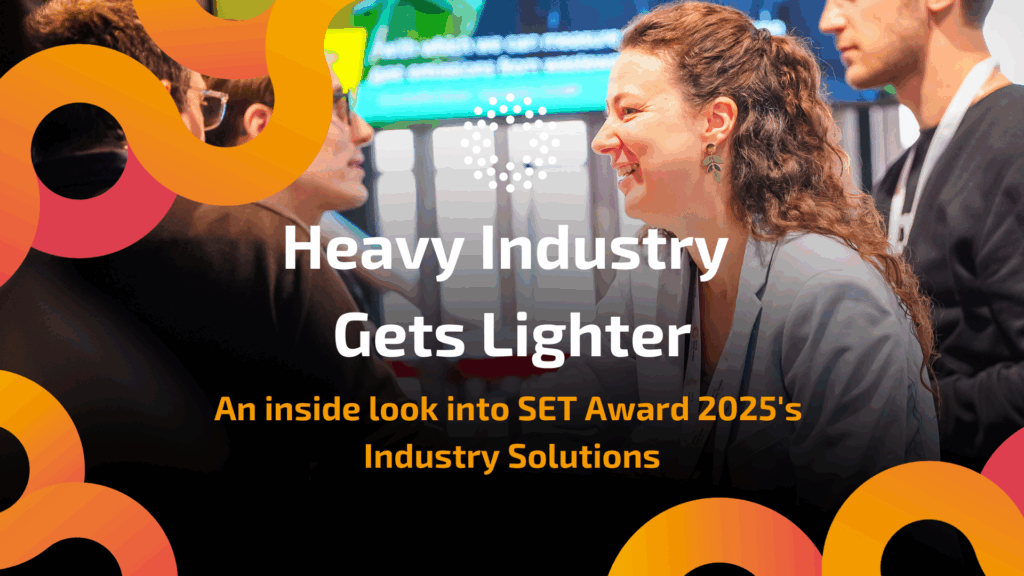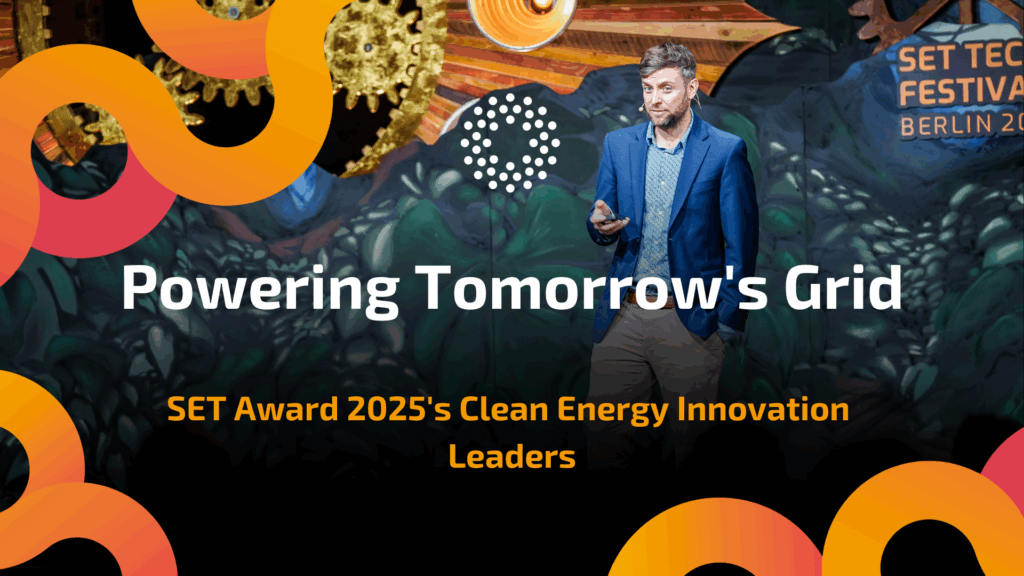Our next finalists come from one of the most beautiful areas in Germany – Freiburg. You might have heard of it, as it is not only the sunniest but also one the greenest cities in Germany. It just seems natural that great ideas with climate impact are born there. So meet Florian Reiners, CEO of Blue Inductive and learn more about wireless superchargers for electric vehicles, their patent pending etaLINK technology and how it can help to build a huge storage potential.
Describe your product and its history! What is your unique value proposition and your business model?
Before getting serious about our startup the four founders already worked together for several years at the Fraunhofer Institut in the area of wireless power. The incorporation of Blue Inductive was basically a consequence of the huge interest from different companies. With our patent pending etaLINK technology we can offer exceptionally high efficiencies of up to 95% and outperform other systems in terms of size, efficiency and costs.
We are targeting two market segments. For the market entry we will focus on the fast growing market of mobile robots in the industry and logistics sector. For the long term of course the automotive sector with a growing number of electric cars is very attractive.
What is your vision in regards to the future of the energy economy? And how does your product contribute to this future?
A change towards an energy system 100% based on renewables is inevitable. Climate change and the finite nature of fossil resources don’t allow any other options. Soon, also economical reasons will accelerate the ongoing paradigm change.
The future energy grid will be decentralized, consumers will become prosumers and the energy flow will be optimised by intelligent algorithms. The transportation sector will be electric and become an integral component of the energy system.
Wireless charging is an enabling technology with the potential to foster the change to an all electric transportation sector. Also it is a must in the context of autonomous vehicles, or could you imagine to run after an autonomous vehicle on it’s way to a parking space, just to plug in the charging cable?
Our Etalink-technology allows bidirectional power transfer between the grid and electric vehicles. With this approach a huge storage potential will become available to stabilize the grid.
What are, in your opinion, the key challenges of the energy transition in general, and what are they specifically for your startup?
The key challenge is more a social than a technical one. The transition can only happen by a joined effort of politics, industry and consumers.
Where are you based, and who are the key innovation drivers in the energy ecosystem in your region?
We are based in beautiful Freiburg, the sun city in the south of Germany close to the French and Swiss border. The city made a clear commitment to renewable energy sources and has a worldwide reputation as Green City. We, the four founders, startet our career at the Fraunhofer ISE, a renowned institute for renewable energy systems. Many innovations which are very successful on the market have been developed there including high efficient solar cells and PV-inverters
Which results for your startup do you expect from the Tech Festival by DENA in March 2017?
Of course we will use the event for networking with other startups and decision makers. I also wouldn’t mind taking the price back home.
Our wireless chargers offer exceptionally high efficiencies of up to 95% and outperform other systems in terms of size and costs. Our patent pending etaLINK technology with innovations in circuit topology and system control design allows a bidirectional power transfer between grid and vehicle batteries. In future this technology will make huge amounts of vehicle batteries available for energy network services, allowing to foster the transition to a hundert percent energy supply from renewable sources.


